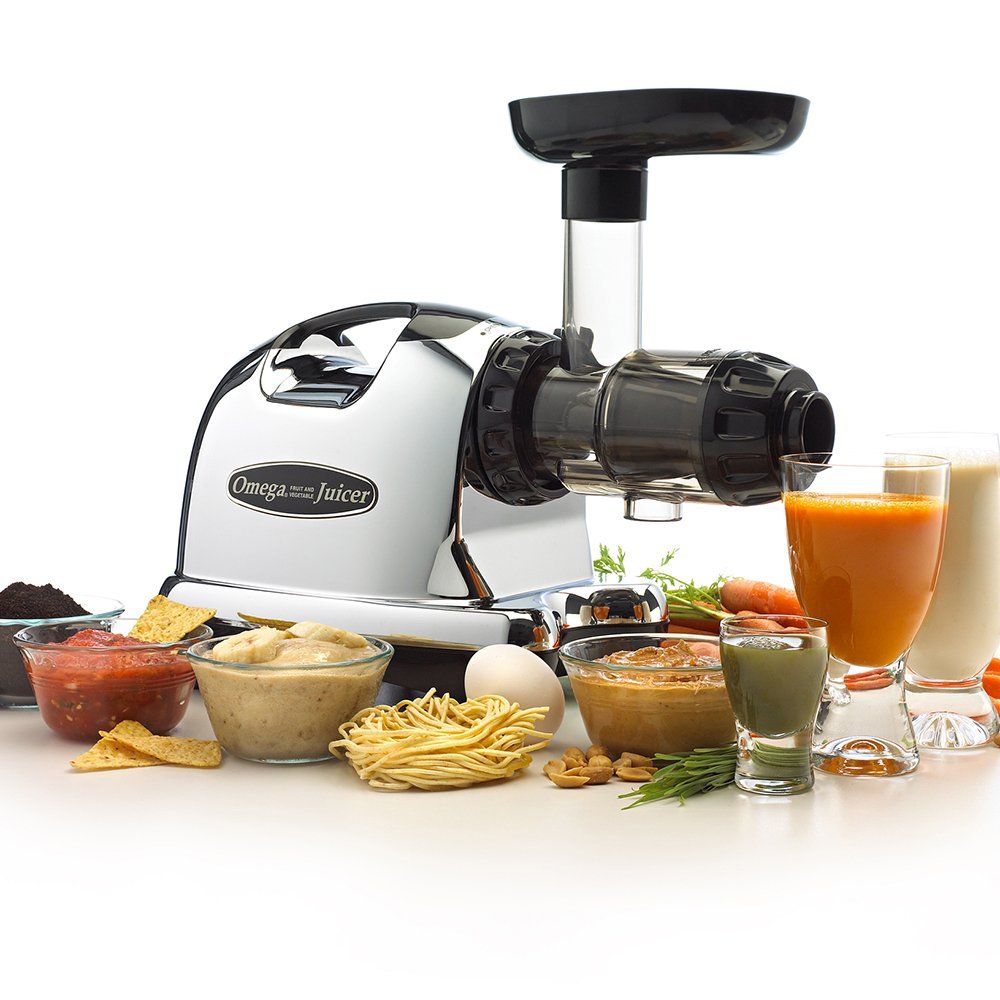
In today’s fast-paced commercial environments, finding the best commercial juicer is essential for juice bars, cafes, and restaurants aiming to deliver fresh, high-quality beverages consistently. Whether you’re launching a new venture or upgrading your existing equipment, understanding the nuances of various commercial juicers can significantly influence your business’s success. Therefore, this detailed guide explores the top commercial juicers on the market, highlighting their unique features and benefits to help you make an informed decision.
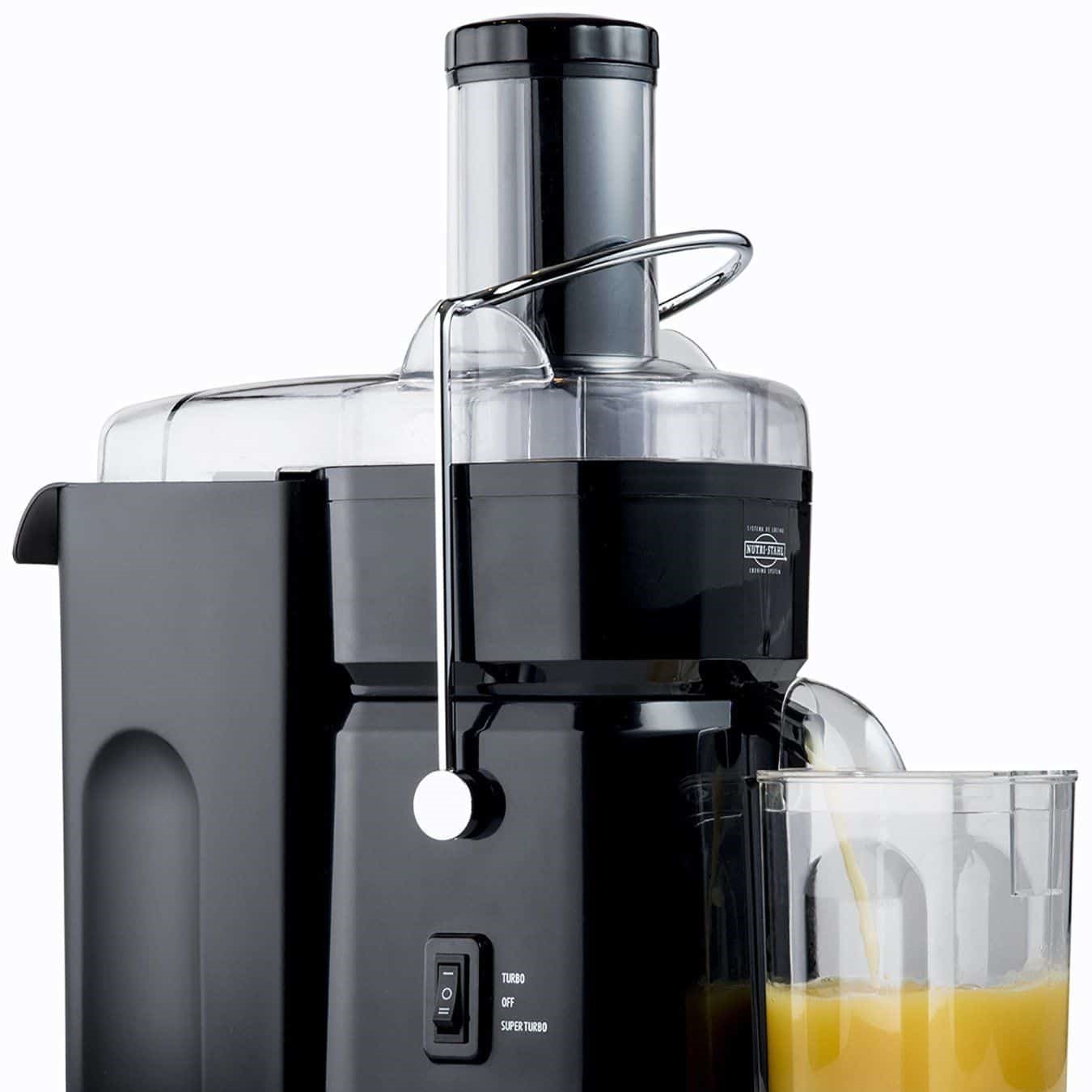 Top Commercial Juicers in the Market
Top Commercial Juicers in the Market
Omega J8006HDS Nutrition Center Juicer
The Omega J8006HDS emerges as one of the best commercial juicers available, thanks to its exceptional performance and versatility. This horizontal masticating juicer operates at a low speed of 80 RPM, which minimizes heat buildup and preserves essential nutrients in the juice. Furthermore, its dual-stage juicing system ensures maximum extraction efficiency, producing high yields from a variety of produce.
Key Benefits of the Omega J8006HDS
- High Yield Extraction: Extracts more juice from fruits and vegetables, thereby reducing waste.
- Durable Construction: Made with heavy-duty materials, ensuring long-term use.
- Easy to Clean: Components are easy to disassemble and dishwasher safe.
- Versatile Performance: Capable of handling leafy greens, hard vegetables, and citrus fruits with ease.
Because of these benefits, the Omega J8006HDS is a favorite among commercial establishments seeking reliability and efficiency.
Breville 800JEXL: The Breville Juice Fountain Elite
Another top contender in the realm of commercial juicers is the Breville 800JEXL Juice Fountain Elite. Known for its powerful motor and sleek design, this centrifugal juicer can handle large batches of produce swiftly. Additionally, its wide feed chute reduces pre-cutting time, enhancing overall productivity in busy kitchens.
Why Choose the Breville Juice Fountain Elite?
- Powerful Motor: Easily processes hard fruits and vegetables.
- Fast Juicing: High-speed operation ensures quick juice extraction.
- Large Feed Chute: Accommodates whole fruits, thus reducing preparation time.
- User-Friendly Design: Intuitive controls and easy assembly make it ideal for commercial use.
Significantly, the Breville Juice Fountain Elite combines speed with efficiency, making it a valuable addition to any high-demand setting.
Kuvings B6000S ROYAL Slow Juicer
For businesses that prioritize nutrient retention and juice quality, the Kuvings B6000S ROYAL Slow Juicer is an excellent choice. This vertical masticating juicer operates at a low speed, ensuring minimal oxidation and preserving the natural flavors and vitamins of the produce.
Highlights of the Kuvings B6000S ROYAL
- Slow Juicing Technology: Maximizes nutrient retention and juice richness.
- Quiet Operation: Ideal for environments where noise reduction is important.
- Extended Pulp Container: Minimizes interruptions during long juicing sessions.
- Wide Feeding Tube: Reduces the need for extensive pre-cutting of produce.
Thus, the Kuvings B6000S ROYAL Slow Juicer is perfect for businesses that value the quality and nutritional content of their juices.
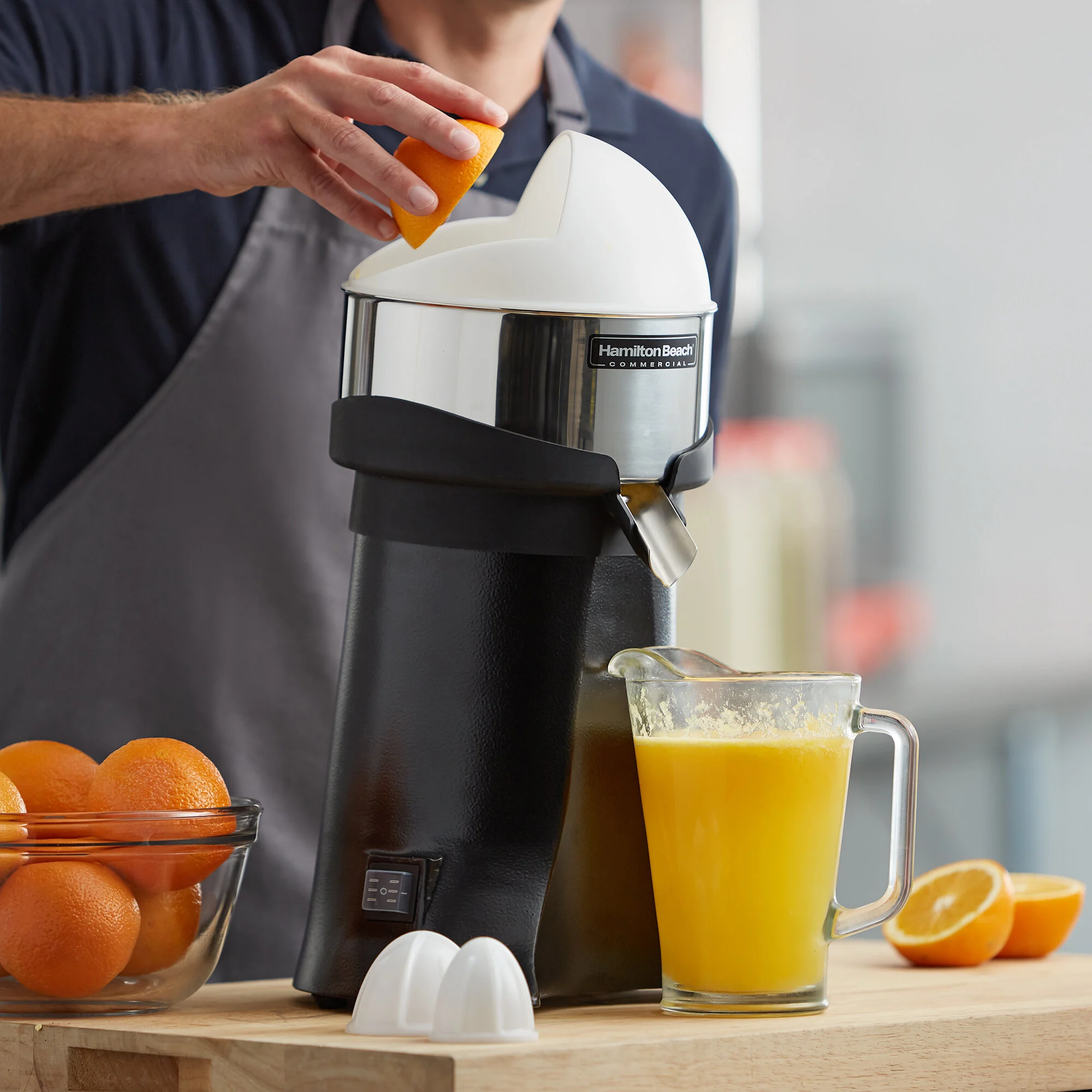 Comparing Masticating and Centrifugal Juicers
Comparing Masticating and Centrifugal Juicers
Masticating Juicers: The Gentle Extractors
Masticating juicers, also known as slow juicers, operate by crushing and grinding fruits and vegetables to extract juice. Consequently, they produce juice with higher nutrient retention and less foam, making them ideal for health-focused establishments.
Advantages of Masticating Juicers
- Higher Nutrient Preservation: Low-speed operation maintains vitamins and enzymes.
- Versatile Usage: Can handle leafy greens, wheatgrass, and even nuts for making nut milks.
- Quiet Operation: Suitable for environments where noise is a concern.
- Better Juice Quality: Less oxidation results in longer shelf life and fresher taste.
However, masticating juicers typically have lower juice yields from certain produce compared to centrifugal models.
Centrifugal Juicers: The Speedy Extractors
In contrast, centrifugal juicers use high-speed spinning blades to separate juice from pulp. As a result, they are known for their quick juicing capabilities, making them suitable for busy commercial settings where speed is essential.
Benefits of Centrifugal Juicers
- Fast Juicing: Ideal for high-demand environments requiring quick service.
- High Capacity: Capable of processing large volumes of produce in a short time.
- Ease of Use: Simple assembly and operation make them user-friendly.
- Cost-Effective: Generally more affordable than masticating juicers.
Despite their speed, centrifugal juicers may produce more foam and heat, potentially affecting juice quality over time.
Maintenance and Cleaning Tips for Commercial Juicers
Ensuring Longevity and Performance
Maintaining the best commercial juicer involves regular cleaning and proper upkeep. Following these tips can enhance the lifespan and performance of your juicer:
- Immediate Cleaning: Clean the juicer immediately after use to prevent pulp from drying and sticking.
- Disassemble Carefully: Take apart all removable parts to ensure thorough cleaning.
- Use Appropriate Cleaning Tools: Soft brushes and mild detergents are ideal for removing stubborn residues.
- Regular Inspections: Check for wear and tear, replacing parts as necessary to avoid malfunctions.
- Proper Storage: Store components in a dry, clean area to prevent mold and bacterial growth.
By adhering to these maintenance practices, businesses can ensure their commercial juicers remain in optimal condition, delivering consistent performance.
Scheduling Routine Maintenance
Additionally, scheduling routine maintenance sessions can prevent unexpected breakdowns. This proactive approach includes:
- Monthly Deep Cleaning: Disassemble and clean all parts thoroughly.
- Annual Professional Servicing: Hire experts to perform comprehensive checks and repairs.
- Lubrication of Moving Parts: Ensure smooth operation by lubricating components as recommended by the manufacturer.
Furthermore, maintaining a maintenance log helps track servicing schedules and identify recurring issues, promoting timely interventions.
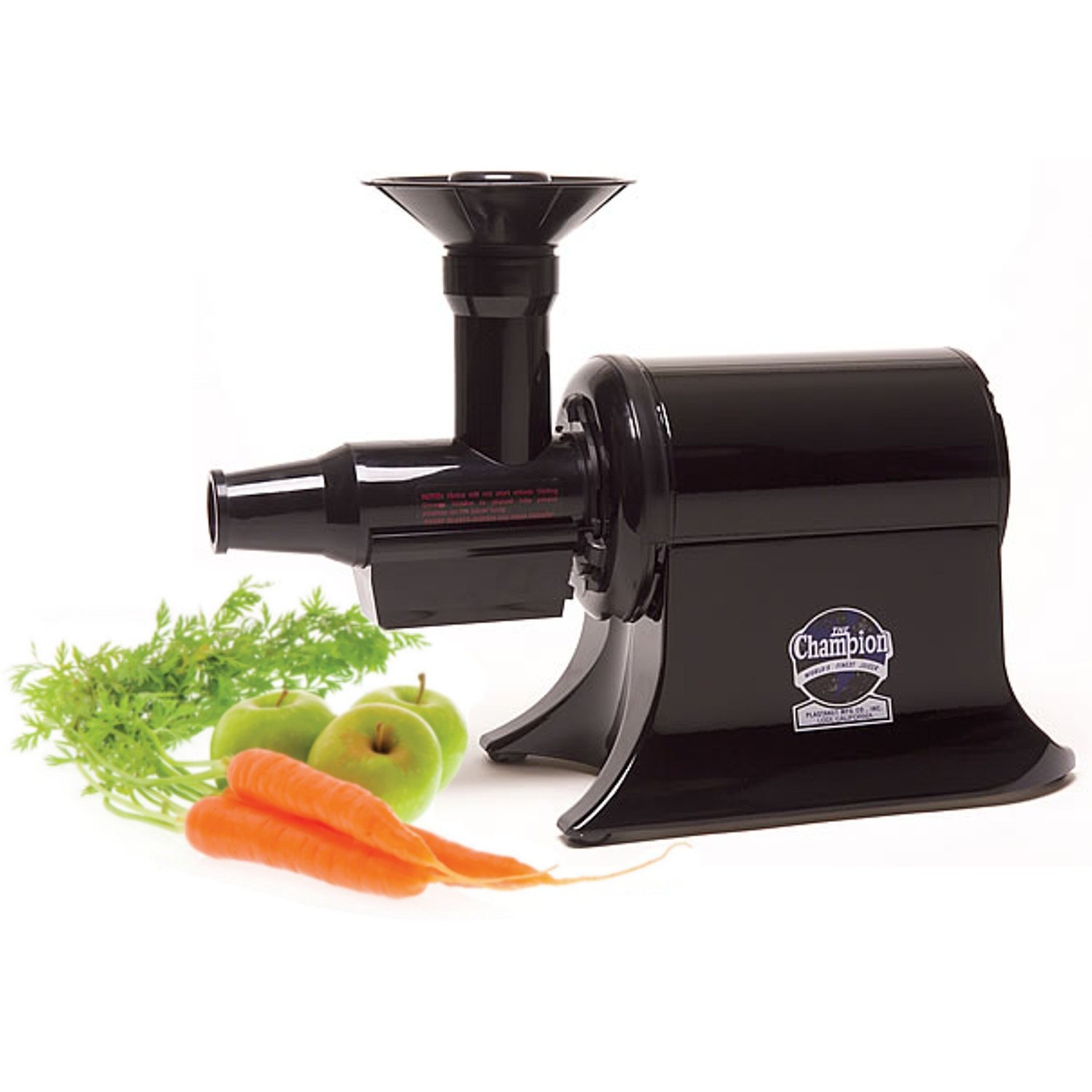 Maximizing Efficiency with the Commercial Juicer
Maximizing Efficiency with the Commercial Juicer
Streamlining Operations
Integrating the best commercial juicer into your workflow can significantly streamline operations. Organizing your workspace to accommodate the juicer, optimizing the layout for ease of access, and training staff on proper usage are essential steps for maximizing efficiency.
Tips for Operational Efficiency
- Dedicated Juicing Station: Allocate a specific area for juicing to minimize movement and save time.
- Pre-Preparation of Produce: Washing, cutting, and organizing fruits and vegetables in advance can expedite the juicing process.
- Batch Processing: Juicing in batches during peak hours ensures a steady supply of fresh juice without delays.
- Inventory Management: Keep track of produce supplies to avoid shortages and overstocking, maintaining a balance between quality and quantity.
Therefore, effective operational strategies alongside the best commercial juicer enhance overall productivity and customer satisfaction.
Training Staff Effectively
Moreover, comprehensive staff training ensures that the juicer is used correctly and safely. Employees should be familiar with:
- Operating Instructions: Understanding the juicer’s settings and functions to optimize juice extraction.
- Safety Protocols: Proper handling to prevent injuries, especially when dealing with heavy or sharp parts.
- Troubleshooting Common Issues: Identifying and resolving minor problems without halting operations.
Ultimately, well-trained staff contribute to the smooth functioning of the juicing process, maintaining high standards of service.
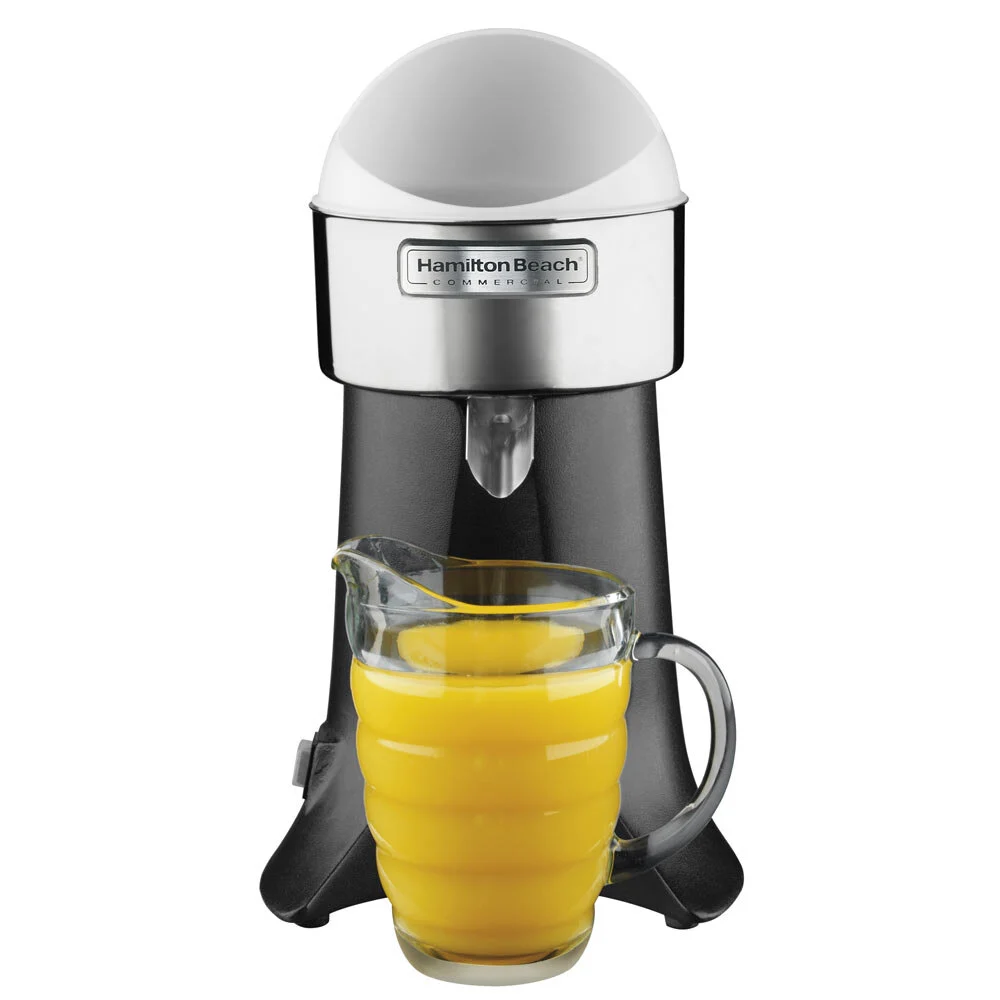 Cost-Benefit Analysis of Investing in a Commercial Juicer
Cost-Benefit Analysis of Investing in a Commercial Juicer
Evaluating the Financial Implications
Investing in the best commercial juicer involves evaluating both the initial costs and the long-term benefits. Although commercial juicers represent a significant upfront investment, their durability, efficiency, and capacity can lead to substantial returns over time.
Factors to Consider
- Initial Purchase Cost: Higher-quality juicers may have a higher price tag but offer better performance and longevity.
- Maintenance Expenses: Regular maintenance can prevent costly repairs and extend the juicer’s lifespan.
- Operational Efficiency: Increased productivity can boost sales and customer satisfaction, positively impacting revenue.
- Energy Consumption: Energy-efficient models reduce operational costs, contributing to long-term savings.
By conducting a thorough cost-benefit analysis, businesses can determine the most economically viable option that aligns with their budget and operational needs.
Long-Term Return on Investment
Additionally, the best commercial juicer often translates to higher customer retention and loyalty. Consistently delivering fresh, high-quality juices enhances the reputation of your establishment, attracting more customers and increasing profitability.
Furthermore, the ability to offer a diverse range of juices caters to various dietary preferences, expanding your customer base. Consequently, the long-term return on investment for a commercial juicer extends beyond mere financial gains, encompassing brand strength and market presence.
Customer Experience and the Role of Quality Juices
Enhancing Customer Satisfaction
Delivering high-quality juices significantly impacts customer satisfaction and loyalty. The best commercial juicer ensures that every glass of juice is fresh, flavorful, and nutritious, meeting the expectations of discerning customers.
Ways to Improve Customer Experience
- Consistency in Quality: Reliable juicers maintain consistent taste and texture, fostering trust and repeat business.
- Variety in Offerings: A versatile juicer allows for a wide range of juice options, catering to diverse tastes and dietary needs.
- Quick Service: Efficient juicers reduce wait times, enhancing the overall customer experience.
- Customization: Offering personalized juice blends empowers customers to create their own unique beverages, increasing engagement and satisfaction.
Consequently, the quality of your juices plays a crucial role in distinguishing your business from competitors and building a loyal customer base.
Building a Brand Around Freshness and Quality
Furthermore, emphasizing the freshness and quality of your juices in your branding can attract health-conscious consumers. Transparent practices, such as showcasing the juicing process and using organic produce, reinforce your commitment to quality and authenticity.
By building a brand around these values, businesses can establish a strong market presence and foster a positive reputation, driving long-term success.
Technological Innovations in Commercial Juicers
Advancements Enhancing Juicing Efficiency
The commercial juicing industry continually evolves with technological advancements aimed at improving efficiency and performance. Innovations such as smart controls, automated cleaning systems, and enhanced extraction mechanisms contribute to the evolution of the best commercial juicer.
Notable Technological Features
- Smart Juicing Systems: Integration with digital interfaces allows for precise control over juicing settings and monitoring of performance metrics.
- Automated Cleaning: Advanced juicers feature self-cleaning functions, reducing the time and effort required for maintenance.
- Enhanced Extraction Technology: Innovations in extraction methods maximize juice yield and quality, ensuring superior output.
- Energy Optimization: Modern juicers incorporate energy-efficient technologies, reducing power consumption without compromising performance.
These technological advancements not only enhance the functionality of commercial juicers but also provide businesses with tools to optimize their operations effectively.
Future Trends in Commercial Juicing
Looking ahead, the commercial juicing industry is poised for further innovation. Trends such as integration with IoT devices, increased automation, and the use of sustainable materials are set to shape the future of commercial juicers.
Emerging Trends to Watch
- Internet of Things (IoT) Integration: Smart juicers connected to the internet can offer remote monitoring, predictive maintenance, and data analytics to optimize performance.
- Automation and AI: Incorporating artificial intelligence can enable juicers to adapt settings automatically based on the type of produce, enhancing efficiency and juice quality.
- Sustainable Materials: The use of eco-friendly materials in juicer construction aligns with global sustainability goals, appealing to environmentally conscious businesses.
By staying abreast of these trends, businesses can future-proof their investments and maintain a competitive edge in the market.
 Conclusion
Conclusion
In conclusion, investing in the best commercial juicer is a strategic decision that can elevate your business by ensuring the delivery of fresh, high-quality juices consistently. By understanding the essential features, comparing top models, and considering your specific business needs, you can select a juicer that not only meets but exceeds your expectations.
Ultimately, the best commercial juicer enhances operational efficiency, supports sustainable practices, and boosts customer satisfaction, contributing to the overall success and growth of your establishment. Therefore, carefully assessing your options and choosing a reliable, high-performance juicer is paramount for thriving in the competitive market of commercial juicing.
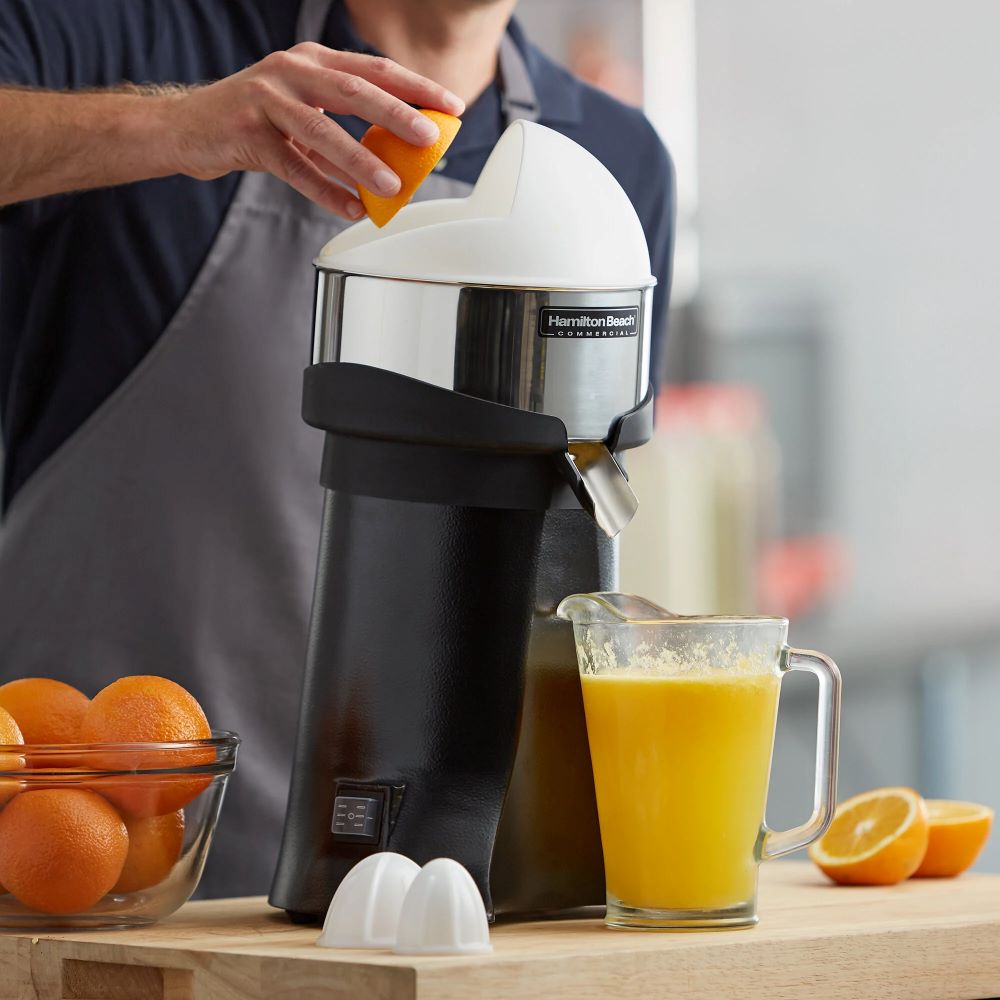
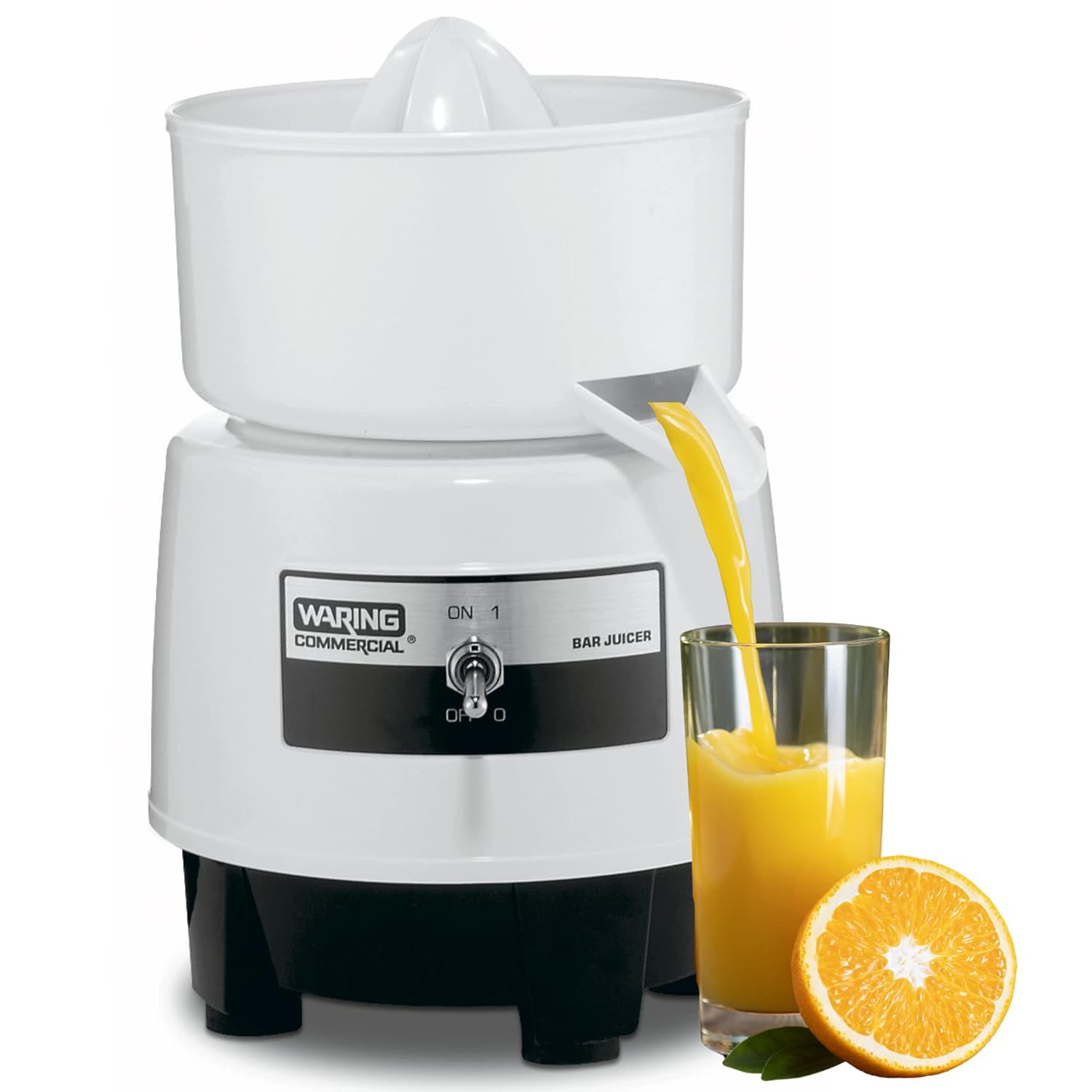 Understanding the Importance of a Commercial Fruit Juicer
Understanding the Importance of a Commercial Fruit Juicer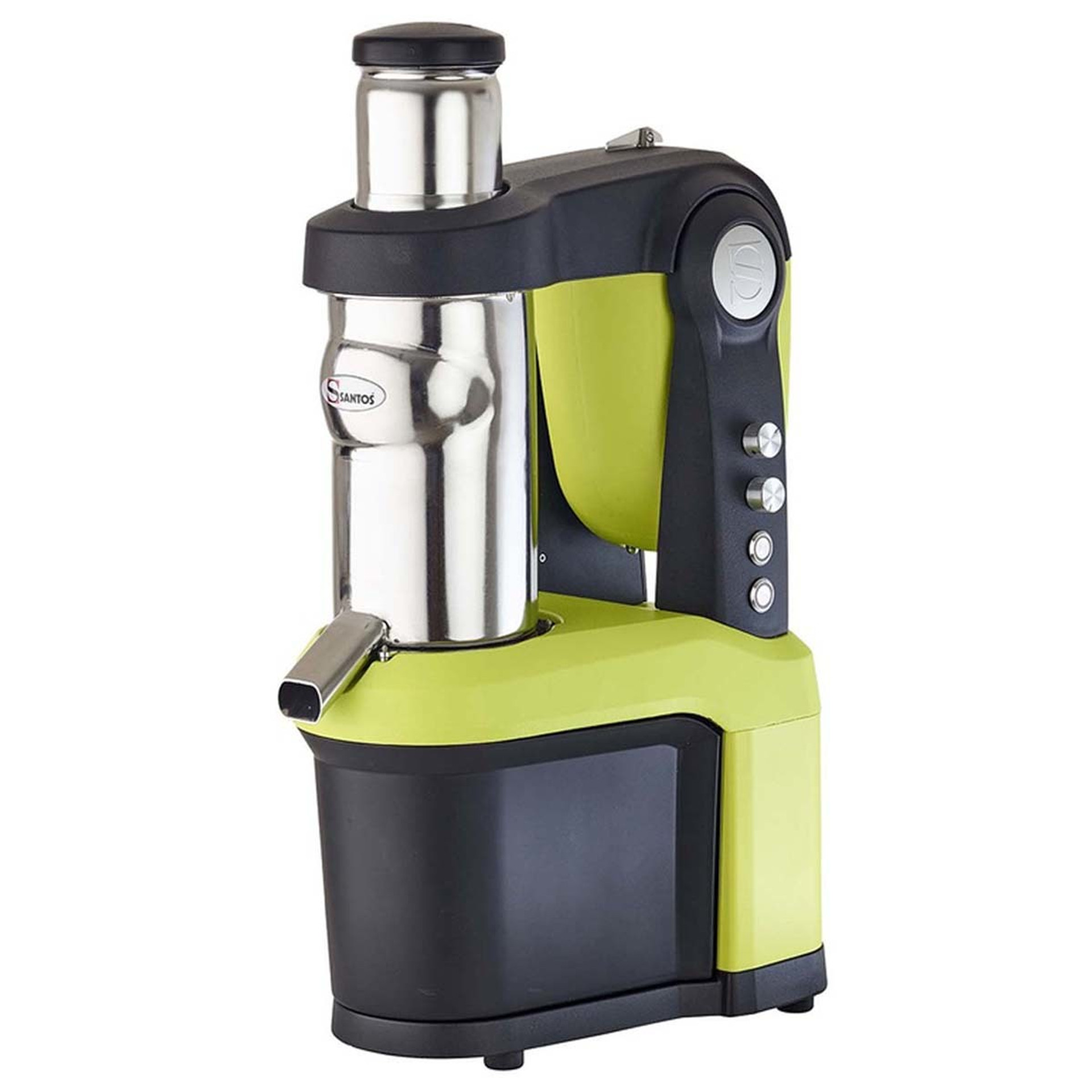 Benefits of Investing in a Commercial Fruit Juicer
Benefits of Investing in a Commercial Fruit Juicer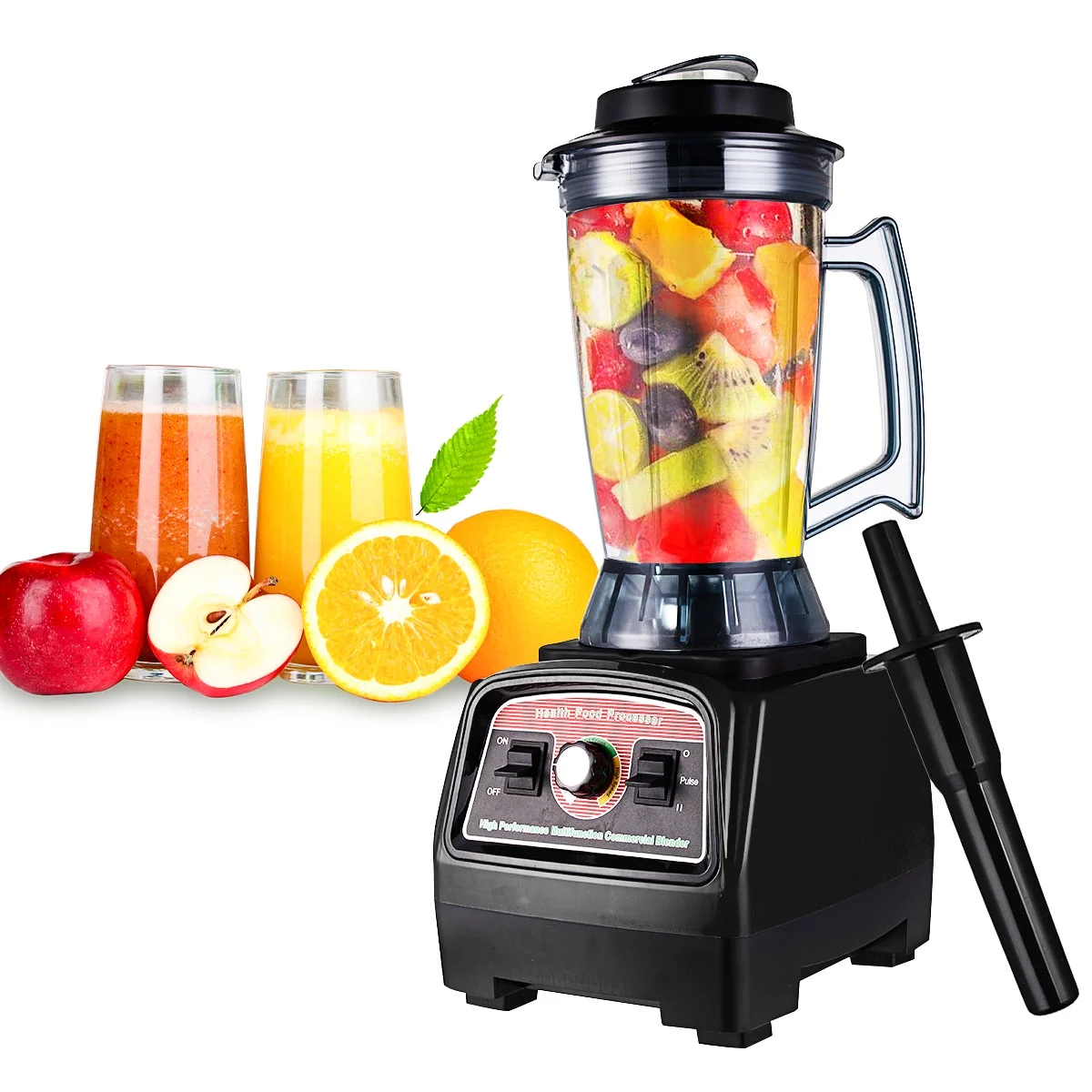 How to Choose the Best Commercial Fruit Juicer for Your Business
How to Choose the Best Commercial Fruit Juicer for Your Business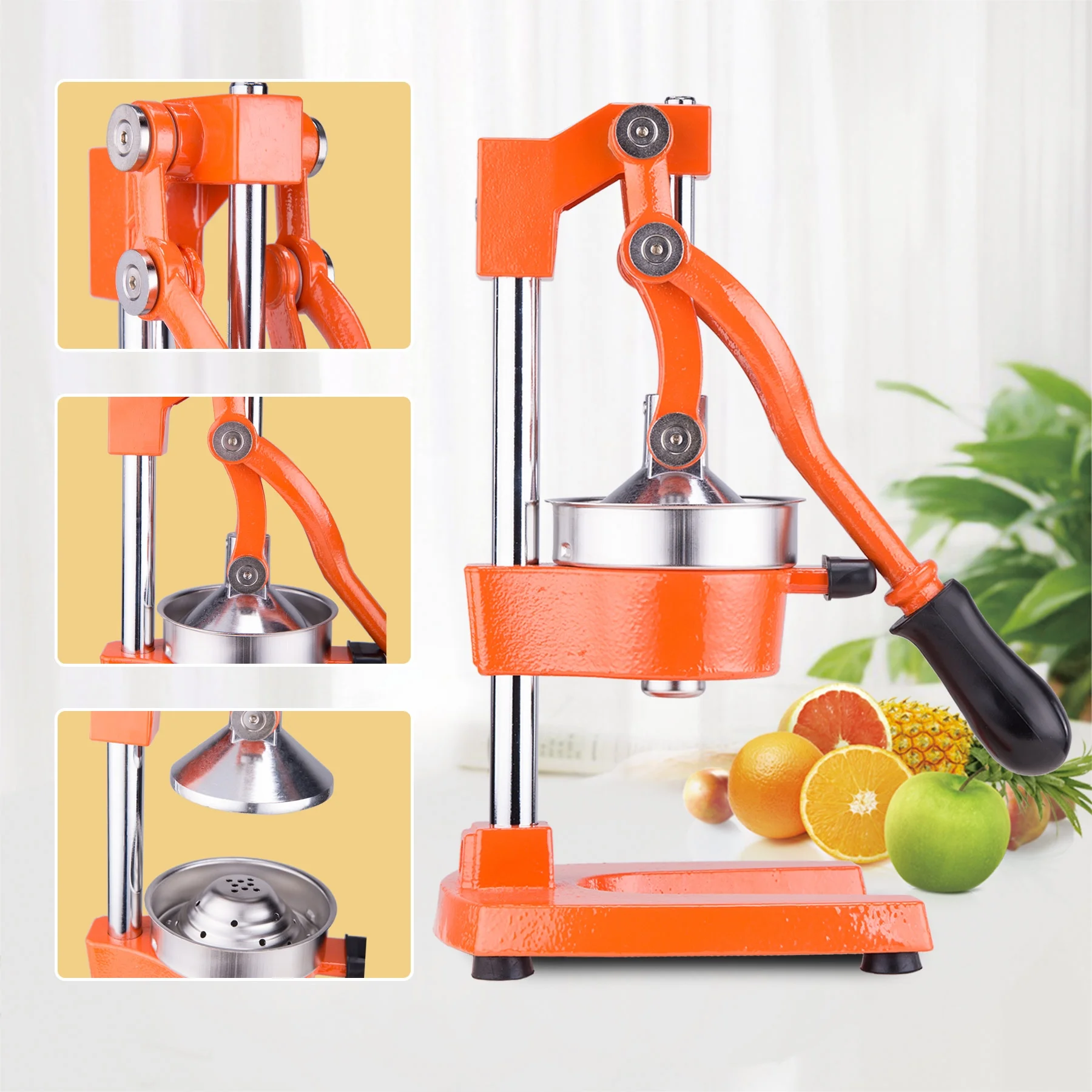 Troubleshooting Common Issues with Commercial Fruit Juicers
Troubleshooting Common Issues with Commercial Fruit Juicers